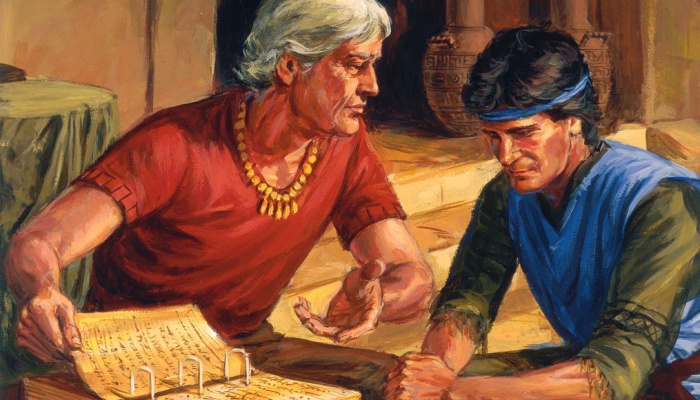To accompany your Come Follow Me study for August 5-11
You may enjoy watching the following videos in connection with this week’s reading:
You will also want to check out the related commentary in the Institute of Religion Book of Mormon Student Manual at:
If you would like a Kahoot game related to this material which you could use for personal study or use with your family or your class, click here: https://create.kahoot.it/share/alma-39-42/d3f4c4d5-475d-4091-afc0-9345881b9c6e . To use it with a group, after clicking on this link, you will need to log into Kahoot, creating a free account if you have not done so previously, then click on the blue “Start” button. Some of the Kahoot questions may presuppose that the player has read through the suggested answers to the following Points to Ponder and at least has browsed the Institute student manual as well.
Points to Ponder in Alma 39-42
1. Rank the following sins from most serious to least serious, according to Alma 39: (Put a “1″ beside the most serious, a “2″ beside the second most serious, etc.) Explain why you think Alma ranked them in that order.
a. premeditated murder
b. armed robbery, kidnapping, drug dealing, and arson (all in the same day)
c. premarital sex
d. getting drunk
2. Why do Latter-day Saints know more than those in other religions about life after death? What, specifically, do we know that they don’t?
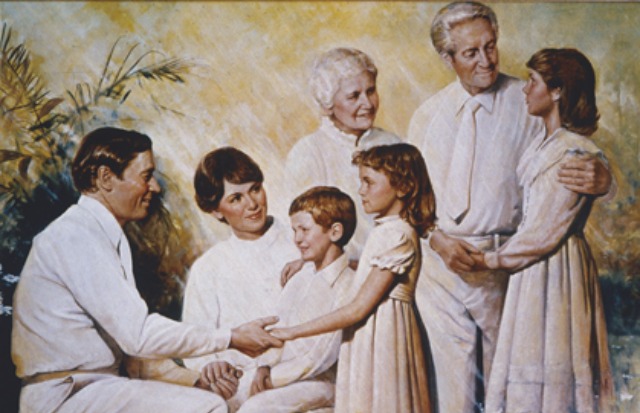
3. Why is it important to know something about the next life? Why not just wait until we get there to find out?
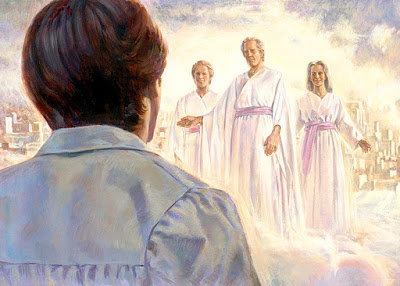
4. Which verse in chapter 41 was once a seminary scripture mastery passage? Why do you think it was chosen? What words would properly label line a-b and line c-d? What personal testimony or experiences can you share concerning this principle?
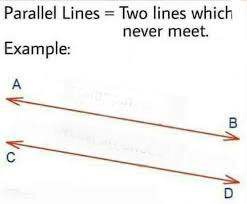
5. When we think of the word “restoration,” we usually think of Joseph Smith and the Lord’s revealing the gospel and the priesthood to him in the 1800’s. But Alma uses the term in a very different sense in chapter 41. Can you explain what he means when he speaks of “restoration”?
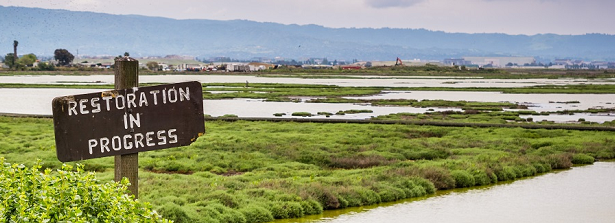
6. Corianton was concerned that it didn’t seem fair for the Lord to consign sinners to a state of misery. Alma tried to explain it to him. How would you explain it, in your own words?
7. After giving Corianton a long lecture after he had gone off with a prostitute, what did Alma do with him?
a. Excommunicated him (withdrew membership)
b. Disfellowshipped him (imposed formal membership restrictions)
c. Put him on informal probation
d. Sent him back on his mission
8. What would a mission president have done with him today? Why the difference?
9. How do Alma’s final words of counsel to Corianton compare to his final words to Helaman and Shiblon? Do you think Alma’s boys had a drinking problem?
Possible Answers to Points to Ponder in Alma 39-42
1. Rank the following sins from most serious to least serious, according to Alma 39. (Put a “1″ beside the most serious, a “2″ beside the second most serious, etc.) Explain why you think Alma ranked them in that order.
a. #1 premeditated murder
b. #3 armed robbery, kidnapping, drug dealing, and arson (all in the same day)
c. #2 premarital sex
d. #4 getting drunk
Alma doesn’t directly address the issues of armed robbery and drunkenness, but there is little doubt he would have regarded the latter as less egregious than the former. But he clearly indicates that illicit sexual activity is second only to murder, which means it would be more serious than the armed robbery and kidnapping. The Lord obviously puts a high premium on life and doesn’t want us to either begin it or terminate it other than under conditions He has prescribed.
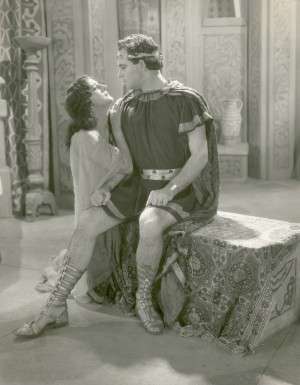
2. Why do Latter-day Saints know more than those in other religions about life after death? What, specifically, do we know that they don’t?
We know more because of modern revelation—especially that in the Book of Mormon and Doctrine and Covenants. Understanding unique to or characteristic of Latter-day Saints includes the following points:
a. The resurrection is physical, not merely spiritual or figurative.
b. All are resurrected, not merely the righteous.
c. All go to a “spirit world” upon death, where they experience joy or misery, depending on how they have lived.
d. Those in paradise rest from their troubles and sorrows but not from work per se.
e. There are various degrees of glory, as detailed in D&C 76.
f. Those exalted will have eternal family associations and may ultimately become like God Himself.
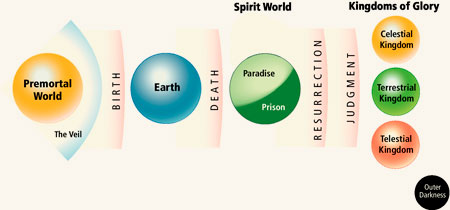
3. Why is it important to know something about the next life? Why not just wait until we get there to find out?
A true understanding of the joys and glories of the next life should motivate us to live better, so as to qualify for so great a prize. If one thinks his eternal future is simply to strum a harp or sing endless praises to God, for example, hell may sound more exciting!
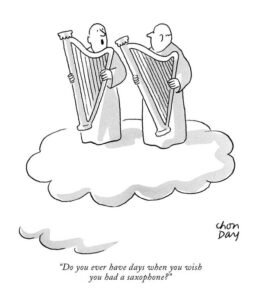
4. Which verse in chapter 41 was once a seminary scripture mastery passage? Why do you think it was chosen? What words would properly label line a-b and line c-d? What personal testimony or experiences can you share concerning this principle?
41:10. Few ideas are more important than that happiness comes from righteousness. Most of us can testify that when we’ve kept the commandments or rendered service we have been filled with happiness, and that when we’ve done otherwise we’ve been unhappy.
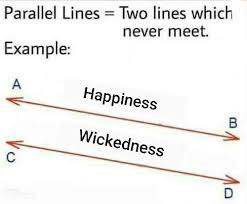
5. When we think of the word “restoration,” we usually think of Joseph Smith and the Lord’s revealing the gospel and the priesthood to him in the 1800’s, But Alma uses the term in a very different sense in chapter 41. Can you explain what he means when he speaks of “restoration”?
Alma here means that good and its attendant happiness will be “restored” to those whose desires have been for good and that evil and misery will be “restored” to those who have desired evil during their lives.
6. Corianton was concerned that it didn’t seem fair for the Lord to consign sinners to a state of misery. Alma tried to explain it to him. How would you explain it, in your own words?
God does not “inflict” misery on sinners—misery is simply the natural result of so living, and God Himself cannot make one happy in sin. He tries to show us how we can avoid that misery.
7. After giving Corianton a long lecture after he had gone off with a prostitute, what did Alma do with him?
a. Excommunicated him
b. Disfellowshipped him
c. Put him on informal probation
d. Sent him back on his mission
8. What would a mission president have done with him today? Why the difference?
Today, of course, Corianton would at least have been subjected to formal membership restrictions and sent home. Perhaps one difference is that there are so many thousands of missionaries today that it is necessary to standardize the consequences of such transgression. Corianton may well have been adequately repentant that he could be sent back into service immediately, but if that occurred today, it would send the wrong signal to too many other missionaries who would be aware of it and who would think that perhaps transgression was not as serious as it really is.
9. How do Alma’s final words of counsel to Corianton compare to his final words to Helaman and Shiblon?
To all three Alma emphasized the importance of sobriety. He is not talking about refraining from alcohol but about avoiding light-mindedness. In other words, he says, “Be serious.” This is excellent counsel to young missionaries of today, some of whom can too easily fall prey to lightmindedness and thus offend the Spirit.
